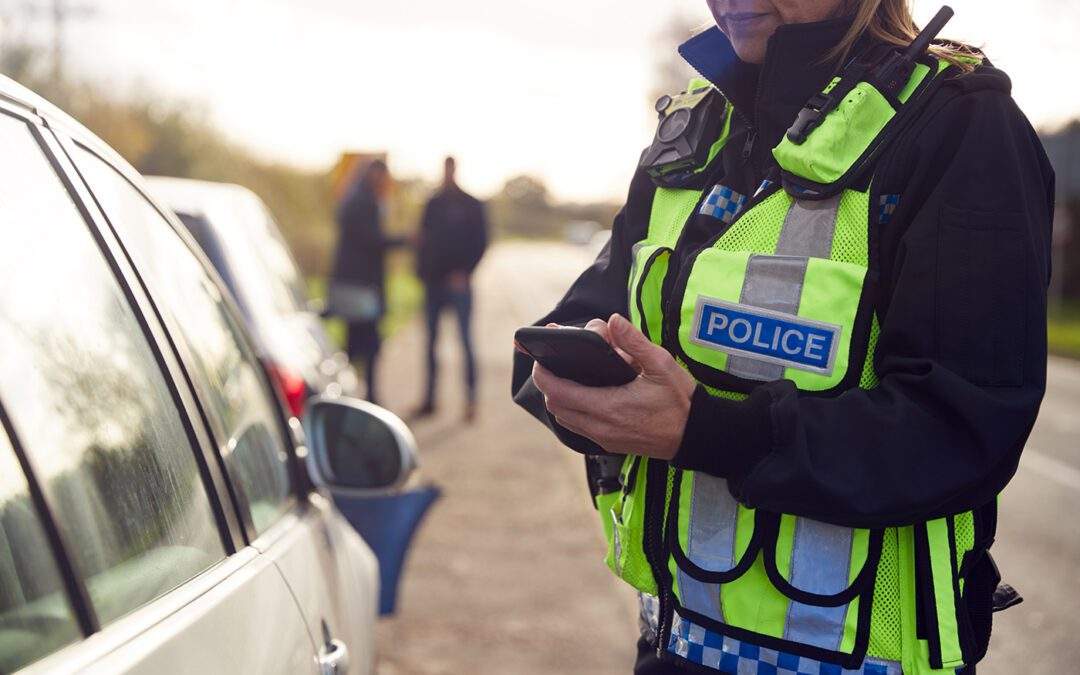It’s National Police Week across the US and Canada. For this blog, we spoke to the Peer Support Coordinator for North Bay Police about what policing in 2023 looks like and how North Bay Police is working to support their members.
What does it mean to be a police officer in 2023?
I’ve often described Policing in 2023 as “Social Work with a badge and authority”, as the needs for officers to be trained in so many different facets of societies difficulties are necessary for safety and success. For the last 10 years, there has also been a building social media platform for criticism, video recordings and scrutiny. This has made it hard for police officers to complete the ever-constant stress cycles that they go through with nearly every shift/day. In 2023, more than ever we are seeing police officers needing support from their peers, communities, families and leadership to build resilience and longevity throughout their career.
What advice would you give your past self new recruits entering law enforcement?
Practice self care and self regulation as often as you can- make it your daily homework. While it is important for every human being to create healthy habits and relationships, it will be especially important for those becoming first responders to have already built those healthy habits ahead of time.
How does your department address the mental health impact of critical incidents that affect your members?
We have had debriefs in the past for our critical incidents, however we will be implementing a diffusion practice as well and bringing in professionals to discuss normal reactions to very stressful situations (the long term and short term effects that can arise after a CI).
What suggestions do you have for how police departments can better support their members’ mental health (i.e: peer support, collaboration with mental health professionals and other community organizations, etc)?
All of the above. Policing in 2023 requires proactive peer support, collaboration with mental health professionals and consistent information and support on how they can keep themselves safe and on top of their own personal well being. Support for the families is also key, as it is just as important to have understanding and support at home. Aligning with programs such as Wounded Warriors and other community organizations for spousal information and support is a big part of ensuring the warning signs of any serious symptoms don’t go missed at home either.
If your organization is ready to support your members with truly proactive peer support, head over to our contact page to learn more.
